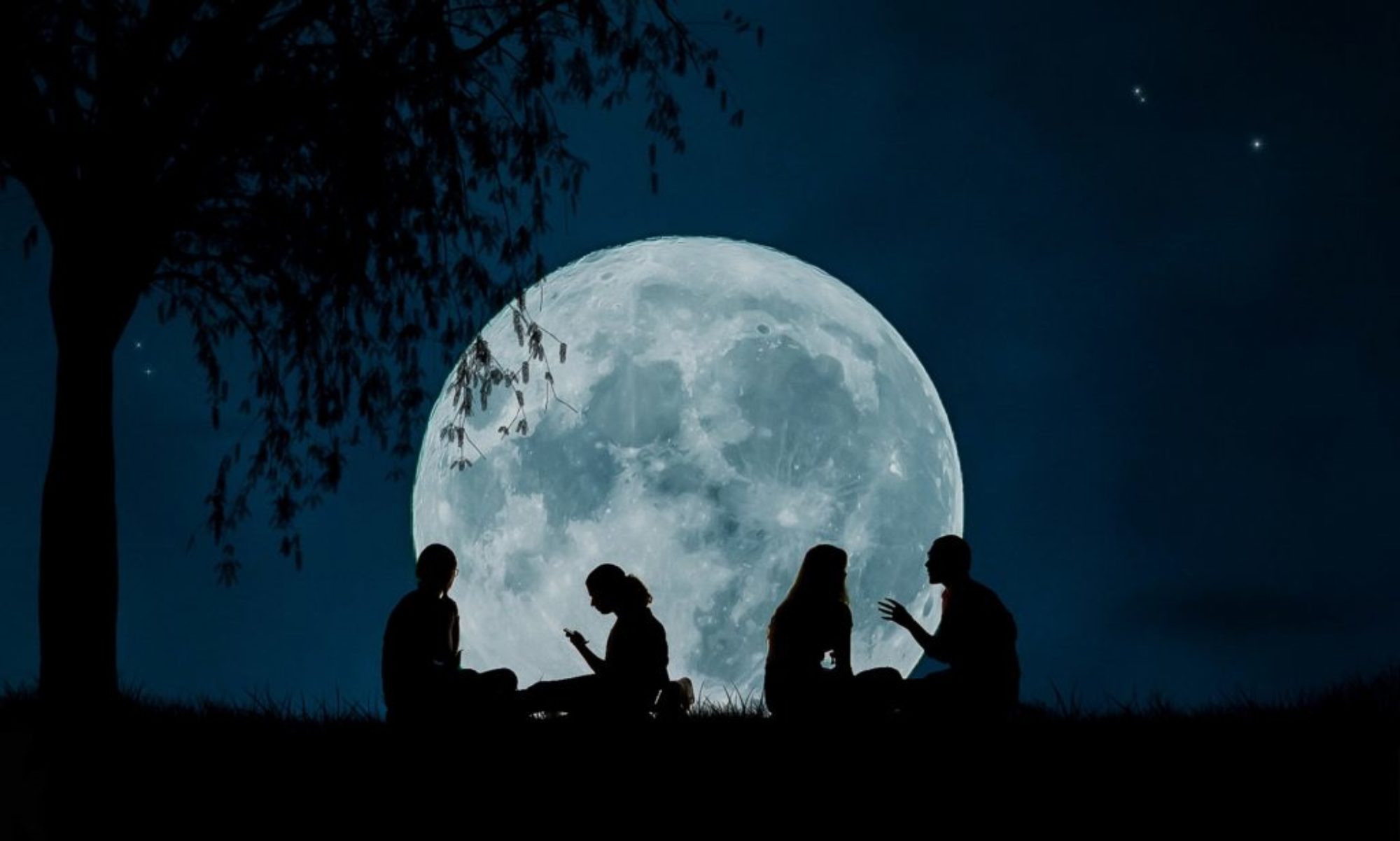We often think of abandonment related to a young child or innocent animal. The situation often includes a careless or unaware caregiver. Like a child who is left behind, not kept safe or nourished, or an animal left behind when the caregiver moves away.
Abandonment can take place in many ways and in many different situations. It is said that an adult cannot be abandoned because they are capable of taking care of their own needs.
I have considered myself a capable person. I have accomplished many notable things in my life. I’ve survived harmful or high risk situations over the years. However, I now am beginning to see how I have abandoned myself.
The symptoms? Well, it could be any number of the following; easy to get along with, easy going, putting others first, and being super helpful. It might also be accompanied by often feeling taken advantage of, frustrated, and unrecognized or unappreciated. Starting to see a pattern?
How can I expect others to know me if I don’t know myself? How can they see or value my needs if I don’t allow them to because I discount them or deny them myself?! How can I be in alignment with another if I am not in alignment with myself?
Makes sense, right? But does the thought of putting ourselves first start to trigger a sense of selfishness or imbalance? We recognize as caregivers, women are wired to think of the care and needs of others. But isn’t it time for the female archetype to be whole? To be coming from the well of plenty instead of the martyr? I think we can all agree, YES! So, I ask myself, “Now what? What are the differences that make a difference?” Not just the surface stuff… And there are any number of methods someone can use to monitor how they are feeling, identifying their needs, and respond to them in a supportive way. Like noticing when you are pushing too hard and giving yourself a rest, some water, food, or breath. All good.
What if, we were raised throughout our childhood to be of value based solely on our capacity to care for others? Perhaps feed, nurse, encourage, love unconditionally? And there was no value given to self care or in any way being seen of equal value? That was my case. Raised religiously, my identity included being a “helper” to my mate, children, and community; being selfless was considered a virtue. Clearly that design is not sustainable to health and wellness. At age 21 when I seriously contemplated ending my life, I rebelled against it and left the lifestyle it dictated. And my life continued, however; in the depth of my own sense of identity there is a significant fragment that remains containing the aspect of selflessness. And so my wholeness and overall health is compromised. I know I’m not alone in some or all of this experience. Does anything here resonate?
The issue is not around being of service and loving unconditionally. The issue is around not including ourselves in that value system! When we don’t value ourselves fully, we attract people and situations that are aligned with that. Simple. It’s all about alignment and we are using our free will to choose, even if it might not be a conscious choice. So, becoming more conscious of our choices and options available, learning about ourselves by reflecting on our life and the choices, situations, and outcomes; will be supportive – if we do so in a gentle way, without ridicule. You know what I mean. (Easier said than done, and super important.)
So my homework is to notice throughout the day how I am feeling. To take the role of caring for myself by taking a moment to say “How do I feel right now?” and actually listening. To be open to whatever needs I might be aware of and maybe even jotting them down. They may be as simple as taking a break and drinking some water, sitting with my eyes closed and breathing for a minute or three, or they may be more complex than that in which case writing them down is an act of trust and patience. Learning from our “contrasts” is a very useful way to know what we want!
It was never my intention to abandon myself and set up patterns to experience others treating me with carelessness. I forgive myself for the harmful aspects of my life that I am responsible for and although I may not have been willing to listen to my own inner self before, I am here now. I know that my sense of self as a whole, loving, and fully alive being is what my journey has been bringing me to.
As our world moves ever closer to one of racial, social, gender equality – the wholeness of each individual becomes even more paramount. It is the baseline of health and wellness for life.

Information reference, blog, photogallery